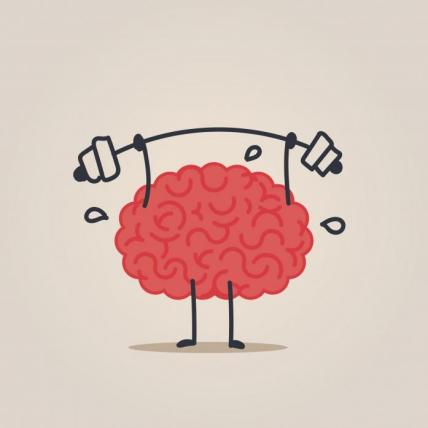
There is no question that developing skills in time management and efficiency are critical to career advancement. The people who pull ahead and end up taking leadership roles, as well as the higher income opportunities are those who have repeatedly evidenced an ability to work at a higher level of productivity without more resources. In short, they work smarter, not harder.
However, being efficient at work is not an innate skill. It might develop faster in those who are naturally more organized, but even rigid constructionists who are workaholics can find themselves falling behind or getting stuck in a career rut. So what exactly makes the difference? A lot of the issue has to do with how a person manages time, deadlines, available resources and creativity. Ideally, a person wants to get a reputation for being the go-to person for solving problems, but not the person who works the longest hours in the day. So here are some of the critical tips that anyone can follow and will probably see big positive changes very quickly:
1. Use technology to your advantage.
There are lots of tech tools available, and many more just for mobile devices. However, it’s not the latest software design or the biggest program suite that one has which makes the difference in efficiency; it’s how the tool is used. One of the easiest tools to use and which produces the biggest bang for the buck is a basic multi-level calendar system that syncs with all devices. The goal here is to map out as much as possible every task, deadline, duty and want-to-do. Color code them to keep them separate as well. By placing all this information on the calendar, you free up your mind to think about the tasks at hand. Then, with a quick look at the ongoing calendar for the day, week and month, you know exactly where you are, what needs to be done next, and what is coming down the pipeline pretty soon. Half the battle of meeting deadlines is just being organized to handle it all quickly and sufficiently and on time.
2. Delegate anything you can.
This is a tough one for those who like control or feel responsibility for everything. The fact is, one person can’t do every job and detail. Smart managers and the most successful workers delegate anything they can to someone else, ideally a responsible person who will get it done. This takes work off your plate, but it still gets done by your deadline, and you get the credit for it.
3. Don’t get caught in email/texting hell.
There was no such thing as email when Dante wrote a literary piece, The Divine Comedy detailing the different levels of hell with unique punishments for different types of sinners. However, email was clearly designed to be a level of hell for a manager and office worker. Get stuck in a position that has a lot of communication, and you will easily see 50 emails a day, and texting is worse. Don’t let this communication monster take over your day. Designate a set time, maybe a half hour or one hour to respond to all emails and texts. Afterwards, only monitor for the emergency-critical notes and ignore the rest until your next schedule review time. You get your work done, and you stop wasting time on other people’s issues.
4. Avoid getting sucked into time-waste ventures.
It never fails, as soon as you start knuckling down on a project, a co-worker pops into your entranceway and wants to talk about their project or issue. Don’t take the bait. Conversations like this and meetings without definitive agendas are big time-wasters and you lose valuable hours in them. Some are unavoidable, so take your work with you, processing your critical tasks as you can without being rude. No one will fault you for multi-tasking, but just make sure to pay attention to the meeting and don’t zone out. As for the rest, avoid them like the plague.
5. Get rest, sleep and vacations.
Your brain and body need regular breaks, and sleep is the number one reason people get sick when they don’t have enough of it. Respect your body and health and reserve time for breaks. You will be far more efficient, faster, smarter, and more with it during the work day rested than exhausted. And use your vacation days. For some reason Americans have it in their head they must work and never be seen relaxing, but ask what people want and most say a day sitting on a tropical beach enjoying the waves. We want it, we earned, so go get it. Stop sacrificing for the “greater good” at work because no one noticed.

